Singaporean society prior to colonization shows certain positive records regarding the social standing of LGBT individuals. Amongst indigenous Malays for example, a transgender identity was recognized and accepted.
After the colonial period, LGBT activity in Singapore has frequently been a focus of social conflict. Male homosexuality was outlawed under British rule (1819-1942), despite being acknowledged among immigrant Chinese. Following Japanese occupation during World War II and then after independence, sexual orientation and gender identity minorities were seen as part of the “street scene,” and were associated with nightlife culture. In the 1970s, there was an insurgence of LGBT-friendly nightclubs and Singapore even became a center for gender-reassignment surgery. In the 1990s however, authorities began more actively repressing LGBT manifestations, prompting the start of an organized LGBT movement.
Besides the continuance of criminalization laws, government censorship is strict in Singapore and LGBT identities are not depicted positively in the media.
Recently, there has been a series of advancements coupled with other setbacks in the country. In 2003, a statement from Prime Minister Goh Chok Tong opened the way for increased dialogue and tolerance, but this was met with a negative response from religious groups and a conservative section of Singaporean society and ultimately gave rise to an increase in anti-LGBT manifestations and discourse.
Currently, besides the continuance of criminalization laws, government censorship remains strict and LGBT identities are not depicted positively in the media. However, due to the country’s high internet usage rates, Singapore has a considerable number of established LGBT portals which circumvent the government restriction on LGBT content imposed on imprint and broadcast media. Despite this, according to the Institute of Policy Studies 72.9% of Singaporeans are against same-sex marriage and 78.2% of them feel that sexual relations between same-sex adults is always or almost always wrong.
- Status of Same-Sex Sexual Activities
-
Female legal / Male illegal
Section 377A of Singapore's Penal Code makes it illegal for two men to have sex with one another.However, Singapore Laws do not prohibit any kind of sexual activity (including anal or oral) between two women or heterosexual couples. - Legal Recognition of Same-Sex Relationships
-
Not legal
Currently, Singapore does not recognize any relationships of same-sex couples, between two males or females, in any form (such as marriage, civil union or equivalent domestic partnership). - Same-Sex Parenting
-
No provisions
No step-child adoption by same-sex couples. No joint adoption by same-sex couples. - Legal Gender Recognition and Sex Reassigment Surgery
-
Legal, but requires surgery.
Gender reassignment surgeries are legal, but not offered by the State anymore. In the 70s and 80s, Singapore became a global destination for sex-change surgery, with public hospitals dealing with hundreds of cases every year. Operations in public hospitals have ceased since 2014, forcing transgender people wanting sex-reassignment to look to Thailand and South Korea. The only known surgeons still performing sex-change surgery are in private practice. - Laws and Policies on Discrimination
-
No special employment protection.
Men who have sex with men (MSM) are banned from donating blood, in indefinite deferral.
Homosexual persons are allowed to serve in the Military only on Physical Employment Status and the Basic Military Training.
Conversion Therapies are not banned and there is a latent “ex-gay movement” in the country.
No special provision of goods and services.
No special protection from hate crime/hate speech.
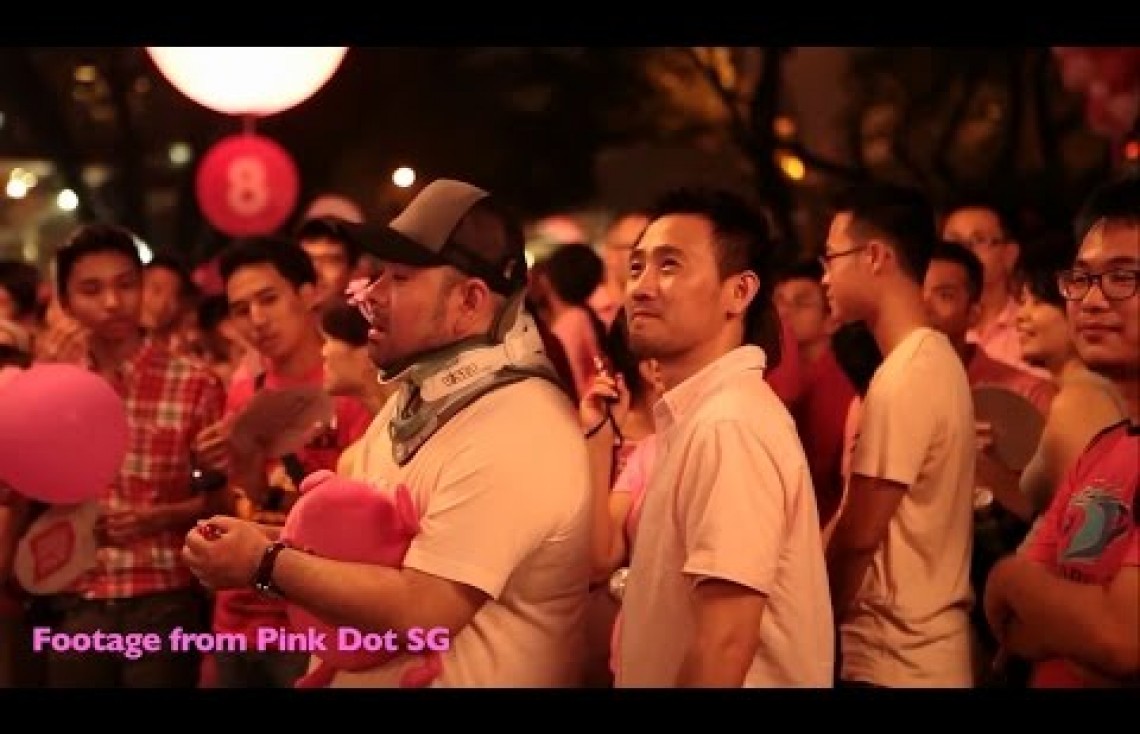
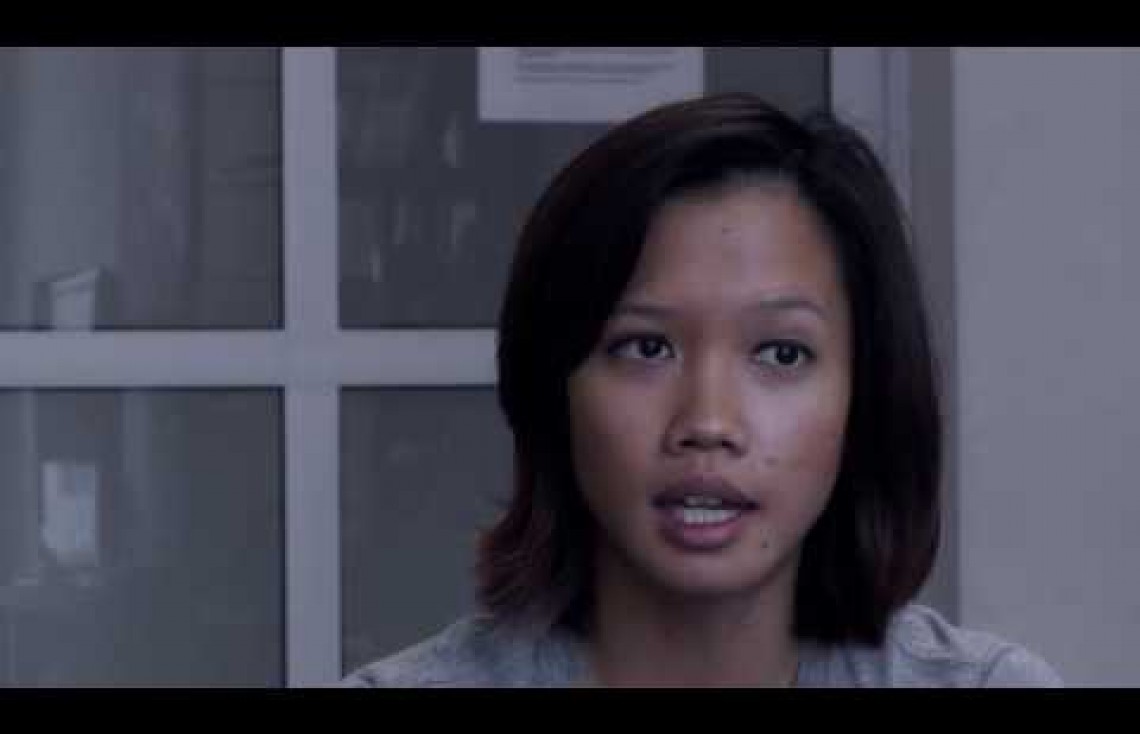
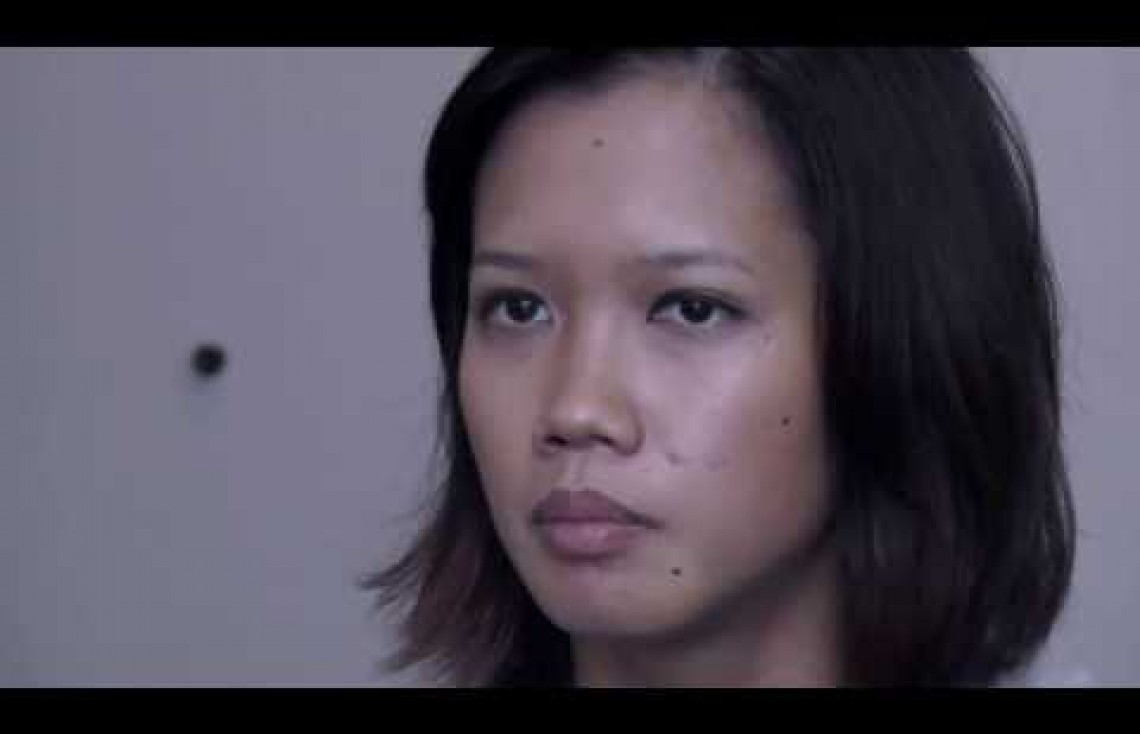

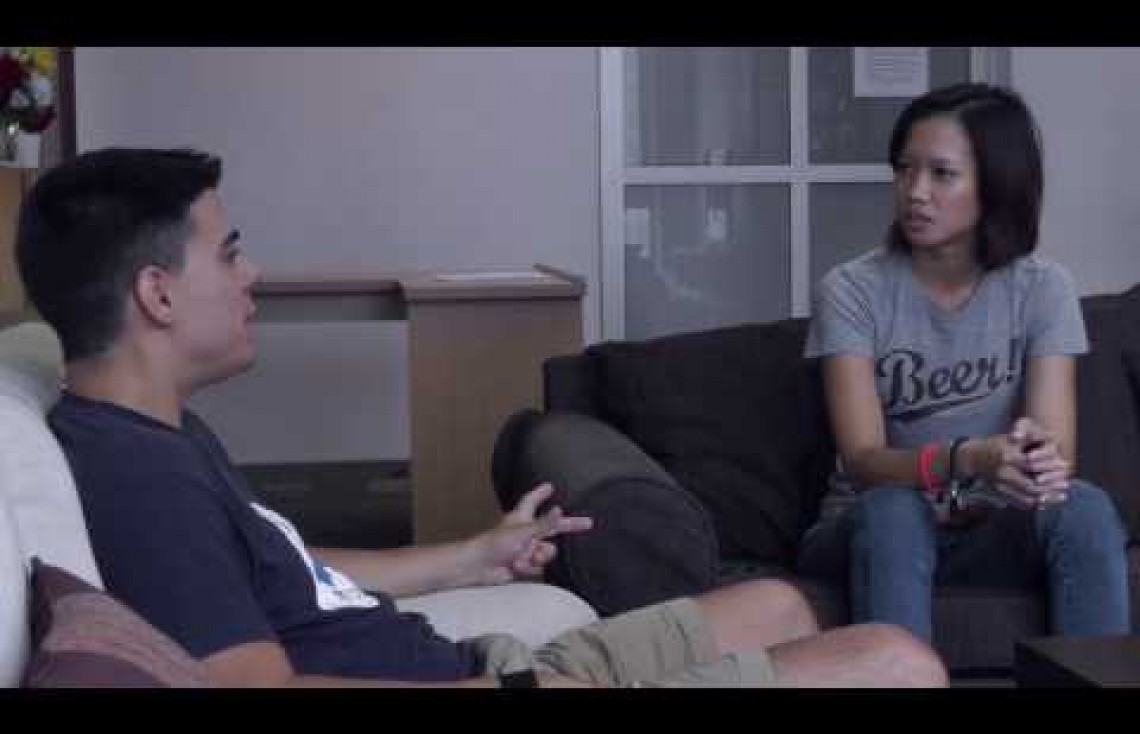
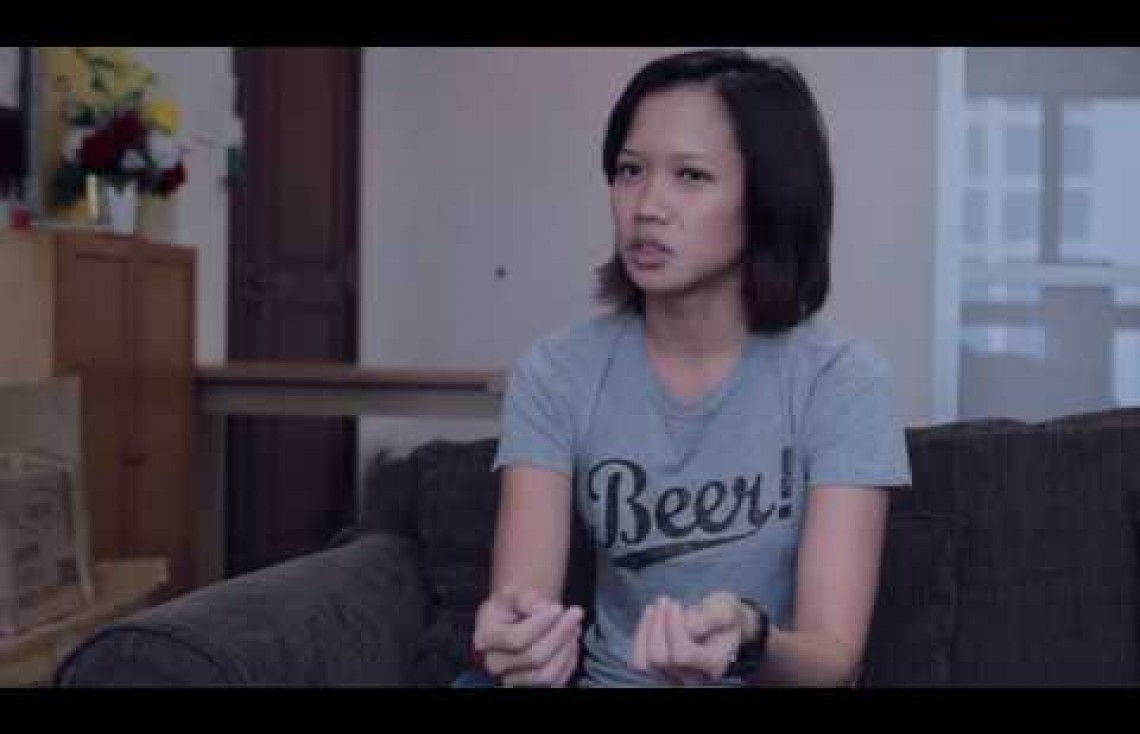
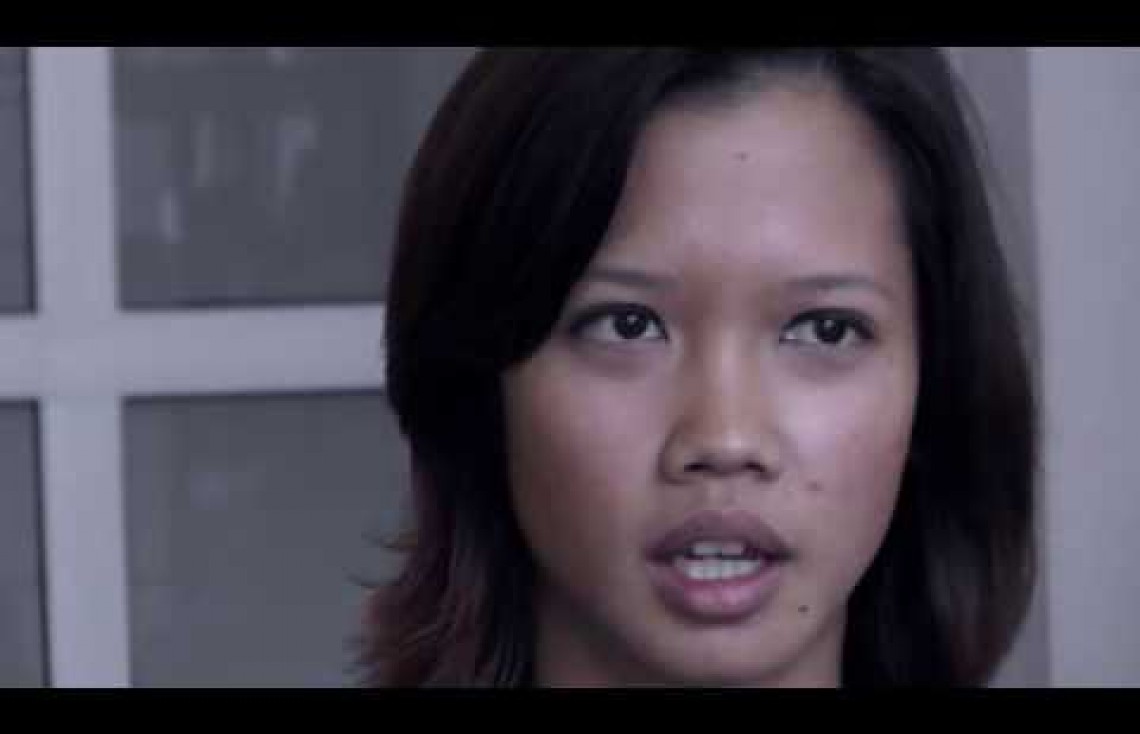
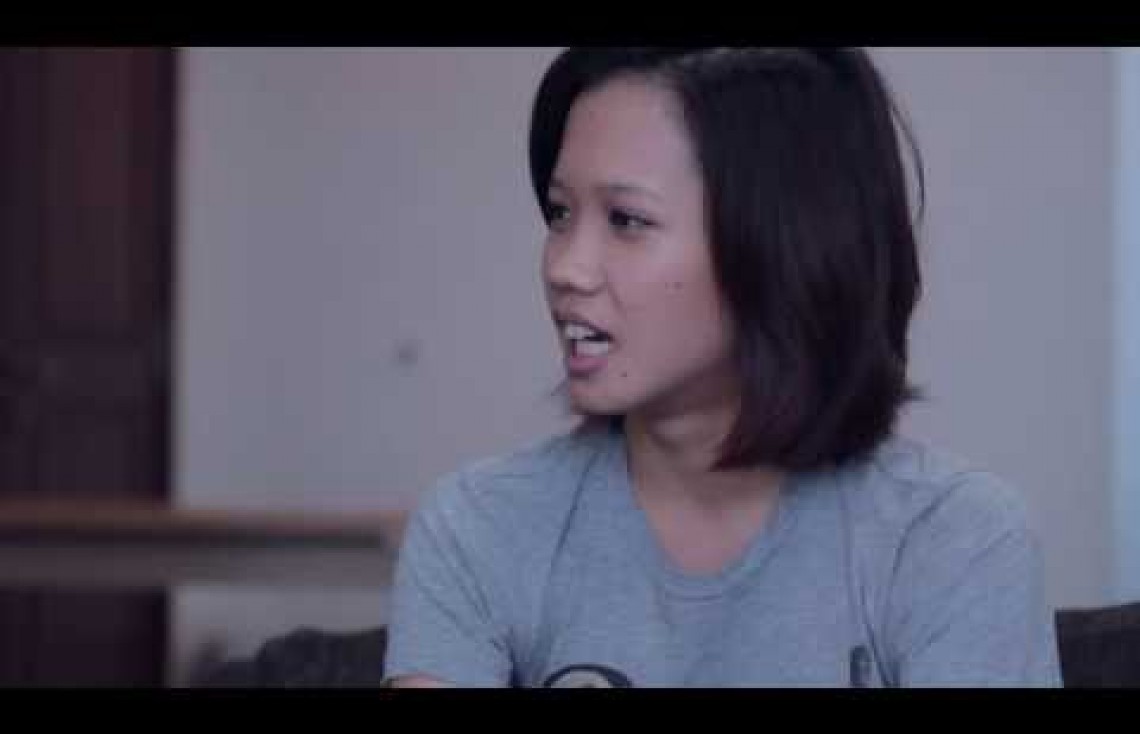
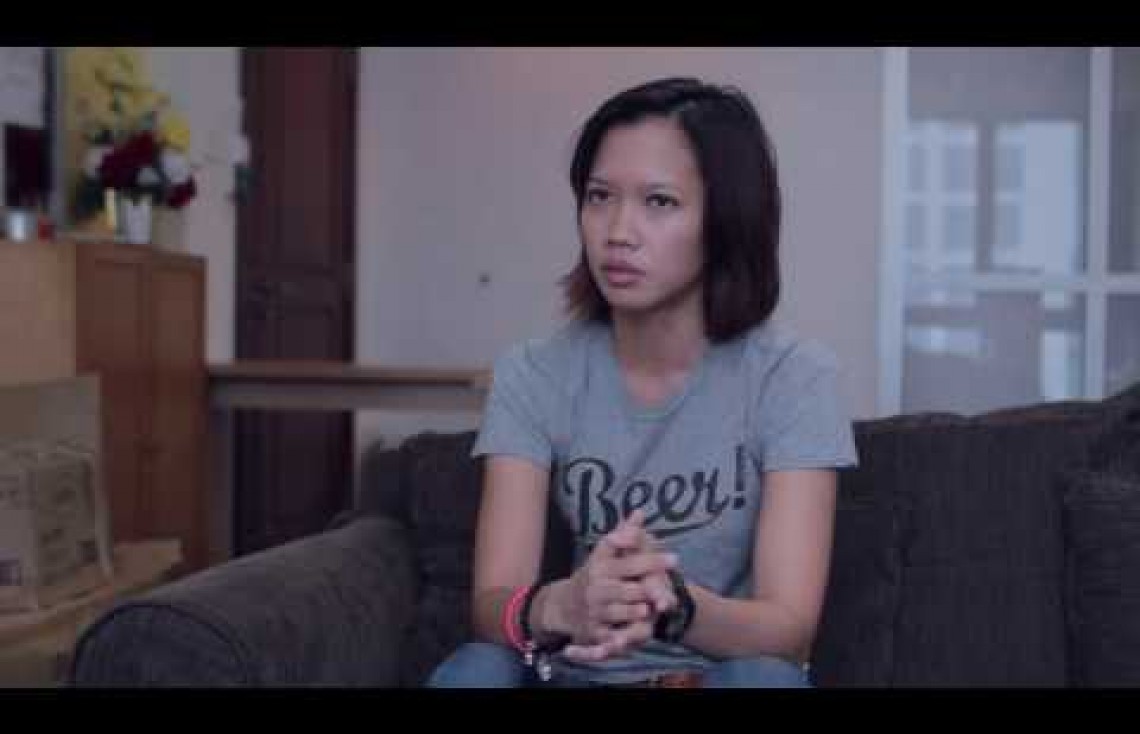
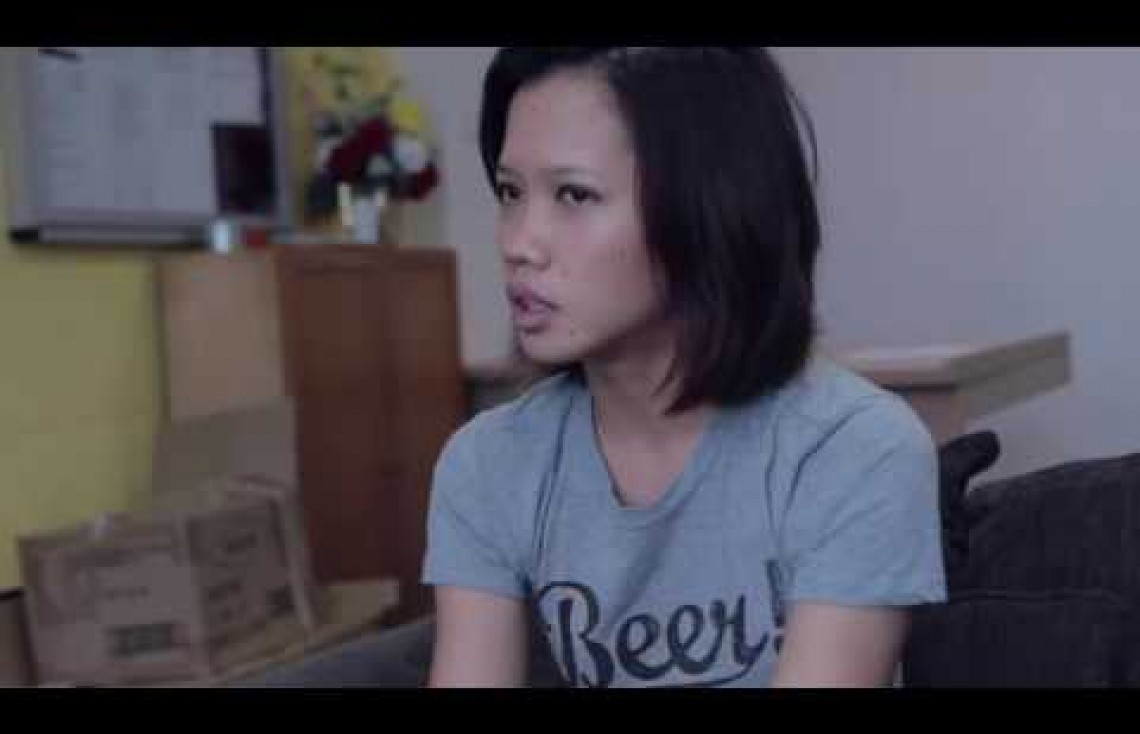
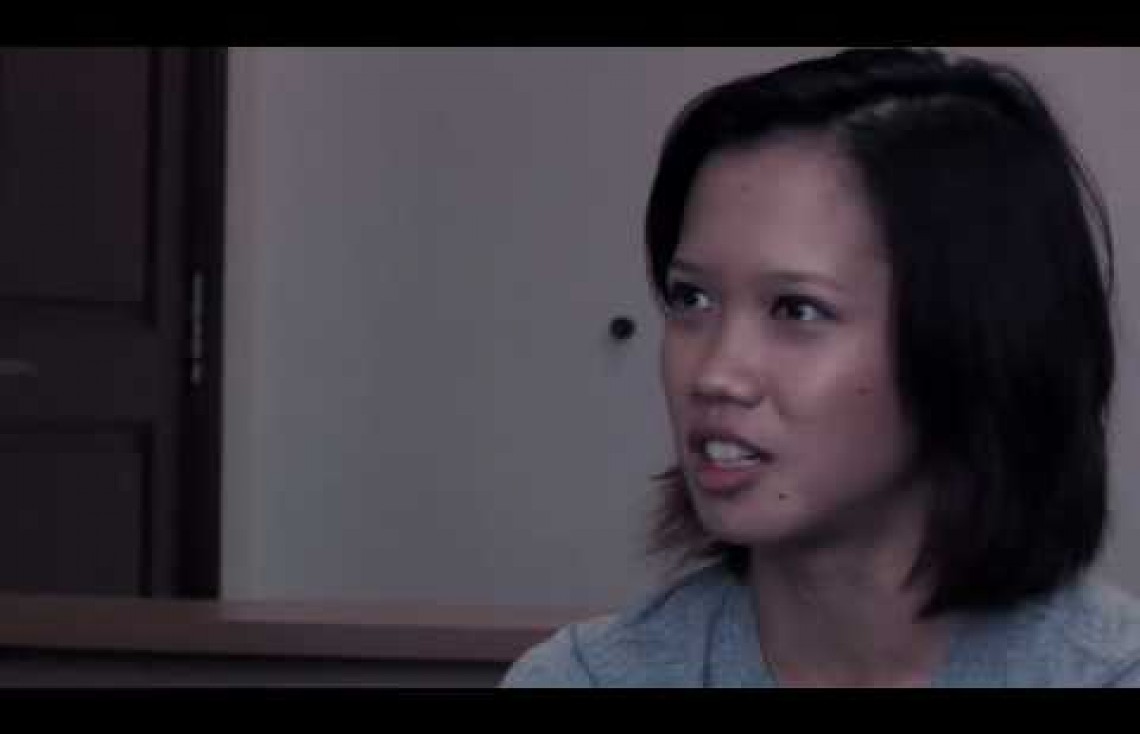
Community Engagement. Singapore’s ‘Pink Dot’ LGBT Rights Rally Sees Record Turnout. (The Huffington Post. 06/2015)
,Society & Media. Petition to prevent Adam Lambert from performing in Singapore over 'promotion of LGBT rights' gets 20,000 signatures. (The Independent UK. 12/2015)
,Censorship. Singapore cuts Obama’s LGBT comments on Ellen. (The Straits Times. 02/2016)
,Government Policies. Singapore Has Told Foreign Companies to Stop Sponsoring an Annual LGBT Event. (The Time. 06/2016).
